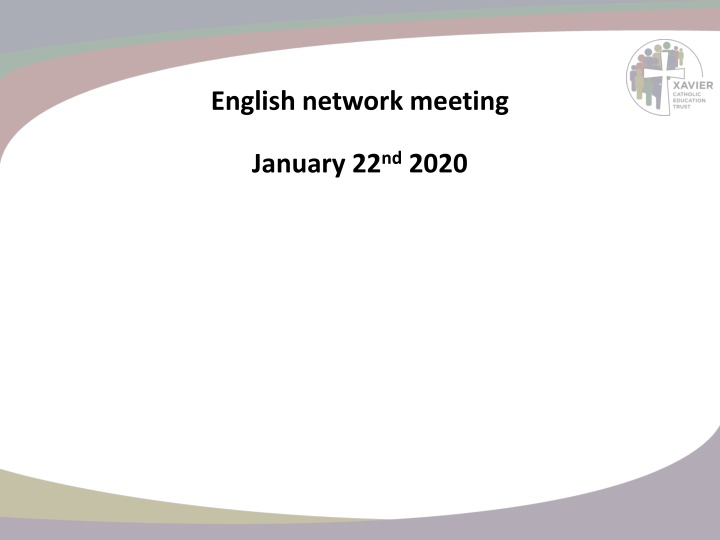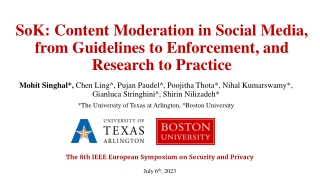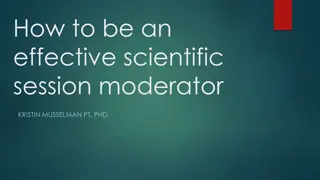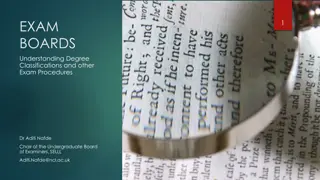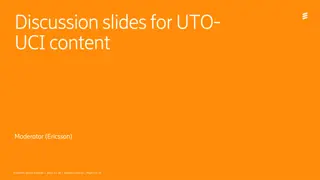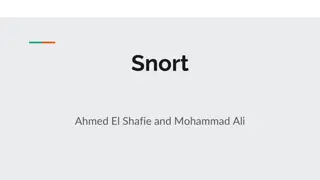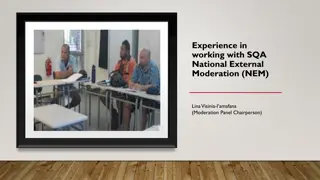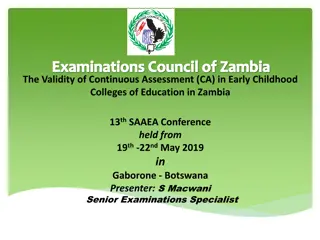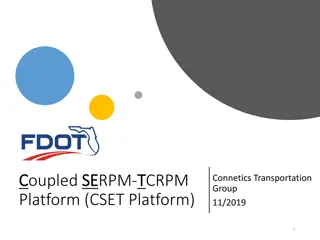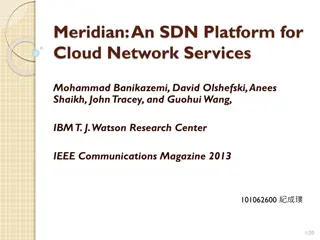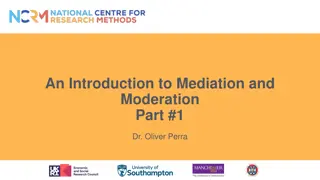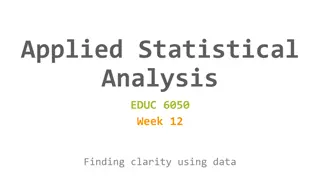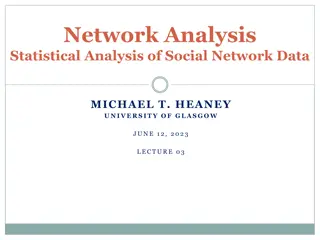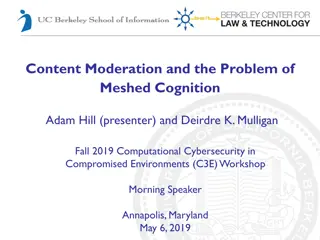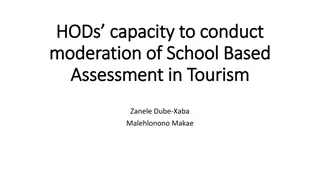Writing Moderation and Network Meeting Highlights
Engage in writing moderation sessions and network meetings to enhance student learning outcomes. Explore various strategies and approaches for effective writing assessment and collaboration. Stay updated on meeting schedules, group activities, and important tasks to support student progress in English proficiency.
Download Presentation

Please find below an Image/Link to download the presentation.
The content on the website is provided AS IS for your information and personal use only. It may not be sold, licensed, or shared on other websites without obtaining consent from the author.If you encounter any issues during the download, it is possible that the publisher has removed the file from their server.
You are allowed to download the files provided on this website for personal or commercial use, subject to the condition that they are used lawfully. All files are the property of their respective owners.
The content on the website is provided AS IS for your information and personal use only. It may not be sold, licensed, or shared on other websites without obtaining consent from the author.
E N D
Presentation Transcript
English network meeting January 22nd2020
Ability Groups for Moderation 1 x cusp of expected 1 x cusp of greater depth 1 x solid greater depth St Thomas-Monday 16thMarch St Anne s-Wednesday 25thMarch
Writing Moderation We will work as a group on each set of books for 25 mins. During each 25 mins we will moderate 12 15 books between us. This includes bulge year groups. Year 5 and 6 when looking at St Alban s books, one table can join together. Set 1 books 25 mins St. Anne s x 2 Holy Family x 1 St. Charles Borromeo x 1 Set 2 books 25 mins Cardinal Newman x 2 The Marist x 2 Set 3 books 25 mins St. Alban s x 1 or 2 St. Augustine x 2 Cardinal Newman St. Augustine St Alban s The Marist Holy Family St Albans The Marist St. Augustine St Anne s Cardinal Newman St Anne s St Charles
Writing Moderation We will work as a group on each set of books for 30 mins. During each 30 mins we will moderate 9 books between us. This includes bulge year groups. Set 1 books 25 mins St. Thomas of Canterbury x 2 St Cuthbert Mayne x 1 Set 2 books 25 mins St Hugh x 1 St Polycarps x 2 Cuthbert Mayne St Thomas of Canterbury St Thomas of Canterbury St Polycarps St. Polycarps St Hugh s
Writing moderation Monday 16th March EYFS- Year 1-Mary Edgell ansd Esther Sharpe Year 2-Becky Newland St Cuthbert Mayne Year 3- Year 4-Michelle Sebo Xavier Team Year 5-Catherine Grace St Hugh s Year 6-Suzanne Smyth Cuthbert Mayne and Claudia Berenson St Polycarps Writing moderation Wednesday 25th March EYFS- Year 1-Debbie David Marist and Therese Maher St Charles Borromeo Year 2-Christina Ward Cardinal Newman and Maureen McDonnell Marist Year 3-Sarah Willgoose Holy Family Year 4-Leigh-Anne Dimech St Anne s and Philippe Girault St Augustine s Year 5 Michelle Sebo-Xavier Team Year 6-Ali Denmead Cardinal Newman and Bethan Punter Marist
A few other things Collect one good piece of evidence of expected and greater depth for writing at the end of the year for each year and scan and send to Michelle EYFS to come to moderation meetings Plan in time to visit school paired with English planning around a class reader-send to Michelle for Xavier website to share ideas
A few other things Secondary Open Lessons ENGLISH: Year 12 - 29 January 2020, 11.25am - Charlotte Johnston @ St Peter's Catholic School, Horseshoe Ln E, Guildford, GU1 2TN ENGLISH: Year 13 - 6 February 2020, 9.15am - Caroline McLaughlin @ St John The Baptist School, Elmbridge Road, Woking, Surrey, GU22 9AL ENGLISH: Year 10 - 4 March 2020, 9.05 - Emily Fraser @ St Peter's Catholic School, Horseshoe Ln E, Guildford, GU1 2TN ENGLISH: Year 7 - 5 March 2020, 11.15am - Faith Ruffle @ St John The Baptist School, Elmbridge Road, Woking, Surrey, GU22 9AL ENGLISH: Year 9 - 23 June 2020, 2.40pm - Niamh O'Shea @ Salesian School, Guildford Road, Chertsey, KT16 9LU https://www.eventbrite.co.uk/e/secondary-open-lessons-2020-registration-86324437717
Reading in Early Years We all know the importance of reading and recently reading in the Early Years has been cast into the limelight by its prominent position within the new OFSTED Education Inspection Framework. Paragraph 296 sets out the 7 aspects of early reading. With or without OFSTED, this is all excellent practice for the teaching of early reading therefore these 7 aspects will underpin our discussions today. I will also use evidence from Bold beginnings which is a report that summarises good practise in Early Years. Links on handout
Aims Make sure everyone is aware of current guidance. Share good practice. Identify focus for future work shops and network meetings.
Early Reading the school is determined that every pupil will learn to read, regardless of their background, needs or abilities. All pupils, including the weakest readers, make sufficient progress to meet or exceed age-related expectations. What happens day to day? How do you know it happens? What do you do to support the children making the slowest progress? (the lowest 20%)
stories, poems, rhymes and non-fiction are chosen for reading to develop pupils vocabulary, language comprehension and love of reading. Pupils are familiar with and enjoy listening to a wide range of stories, poems, rhymes and non-fiction. From Bold Beginnings One early years leader referred to their five-a-day read-aloud programme, engaging children in five stories, narratives and information texts each day. This included the story told during whole-school assembly, the texts shared as part of children s literacy and the text chosen for the story time before lunch and/or at the end of the school day. The children were immersed in the sounds and experiences of the stories. Leaders believed this had revived reading for pleasure and made a significant difference to children s attainment in reading and writing.
the schools phonics programme matches or exceeds the expectations of the national curriculum and the early learning goals. The school has clear expectations of pupils phonics progress term-by-term, from Reception to Year 2. Direct, focused phonics should be taught every day in Reception and key stage 1. Do you use a scheme to teach phonics? Bold beginnings Schools must be clear on their vision and methodology for the teaching of early reading. This requires schools to think carefully about their choice of phonic scheme and teaching methods, assessment and intervention. A number of schools have gone through multiple phonics schemes over the past few years, attempting to find something that suits them. Consequently, many schools have picked and chosen elements of schemes, rather than using one consistent programme. OFSTED is clear that, although no one programme is preferred, schools must ensure that the programme they put in place is clear, shows progression and that the schemes match content and coverage from class to class.
the sequence of reading books shows a cumulative progression in phonics knowledge that is matched closely to the school s phonics programme. Teachers give pupils sufficient practice in reading and re-reading books that match the grapheme-phoneme correspondences they know, both at school and at home. Bold beginnings In around a quarter of schools, developing children s reading accuracy was hindered by the way they organised their reading books into bands. These schools mixed a range of reading schemes, bought at various times, many of which used different approaches to the teaching of reading. How often do children read aloud ? Who to? What is the expectation?
reading, including the teaching of systematic, synthetic phonics, is taught from the beginning of Reception How do you support and encourage parents to help their children learn to read? Editable parent phonics and reading guide available on Xavier website.
the ongoing assessment of pupils phonics progress is sufficiently frequent and detailed to identify any pupil who is falling behind the programme s pace. If they do fall behind, targeted support is given immediately How do you assess phonics?
Summary from Bold beginnings Reading was at the heart of the curriculum. Children read out loud frequently from carefully selected books that closely matched their phonic knowledge. Story time was a valued part of the daily routine. Staff recognised it as essential in developing children s language, vocabulary and comprehension. All primary schools should make sure that the teaching of reading, including systematic synthetic phonics, is the core purpose of the Reception Year
Early Years & Key stage 1 Reading intent, implementation and impact statement Use for parents or on website if needed.
Intent Our school is determined that every pupil will learn to read, regardless of their background, needs or abilities. Our school s phonics (Letters and Sounds) programme matches the expectations of the English national curriculum and early learning goals. Our school has clear expectations of pupils phonics progress term by term, from Reception to Year 2, and the school s phonics programme aligns with these expectations. The sequence of reading books we use shows a cumulative progression in phonics knowledge that is matched closely to the school's phonics programme. Implementation Pupils phonics progress is assessed frequently and is detailed to identify any pupil who is falling behind the programme s pace, so that targeted support can be given immediately. The school has developed expertise in the teaching of phonics and reading that ensures consistency from one year to the next. Reading, including the teaching of systematic, synthetic phonics, is taught from the beginning of Reception (or Nursery if pupils join us sooner). All teachers have a clear understanding of how pupils learn to read. Teachers give pupils practice in reading and re-reading books that match the grapheme-phoneme correspondences they know, both at school and at home. Staff read aloud stories, poems, rhymes and non-fiction that develop pupils' vocabulary, language comprehension and love of reading. Impact All pupils, including the weakest readers, make progress to meet or exceed age-related expectations. Pupils are familiar with and enjoy listening to a wide range of stories, poems, rhymes and non-fiction.
Closing soon Early Years Foundation Stage Reforms Government consultation Launch date 24 October 2019 Respond by 31 January 2020 Link on handout
As Dr Seuss remarked The more that you read, the more things you will know. The more that you learn, the more places you ll go.
